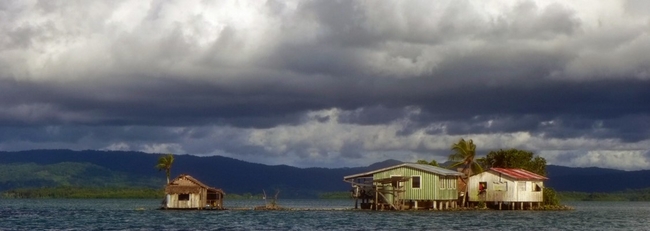Overview:
PACPATH aims at establishing efficient and sustainable trans-disciplinary processes, methods and networks allowing stakeholders such as scientists, Indigenous and civil society organizations of the Pacific Islands to share common objectives and actions in order to achieve environmental sustainability. The project will particularly draw on the importance of SDG 14 and its interlinkages to all other 16 SDGs, particularly SDG 13 and 15, for the Pacific Island Countries (PICs).
Stakeholders need sound science, targeted expertise, and reliable data-based information to make informed decisions at the right time and for the right timescale. The current communication of scientific information in support of SDGs needs to be better targeted and co-constructed with local communities, knowledge-holders, and other stakeholders. To reach this target and develop ocean sciences and services that have the best chance to turn into effective actions, it is necessary to co-construct projects and develop a participatory science approach that favors ocean literacy, policy effectiveness, and the definition of appropriate indicators. This requires a transdisciplinary approach that engages regional to local stakeholders to
- reinforce common understanding of the state, variability, and change of the marine environment,
- co-design robust strategies for PIC’s ocean stewardship,
- co-produce innovative coastal sustainability initiatives and pathways to achieve these desired outcomes.
PACPATH is aiming to build a Pacific stakeholder network drawing on two pilot sites, Fiji and New Caledonia, which will create the framework and methodology and serve as a guide for application and adaptation for other interested PICs.
Project partners |
|---|
|
Institut de Recherche pour le Développement, IRD DIMENC - Direction de l'Industrie, des Mines et de l'Energie de la Nouvelle-Calédonie Helmholtz-Centre HEREON (GERIC) Humboldt University Berlin Kiel University Kiel (CAU) Leuphana University Lübeck Mercator Ocean International SPC, Trier University University of Maryland Center for Environmental Science (UMCES) University of the South Pacific (USP) |





